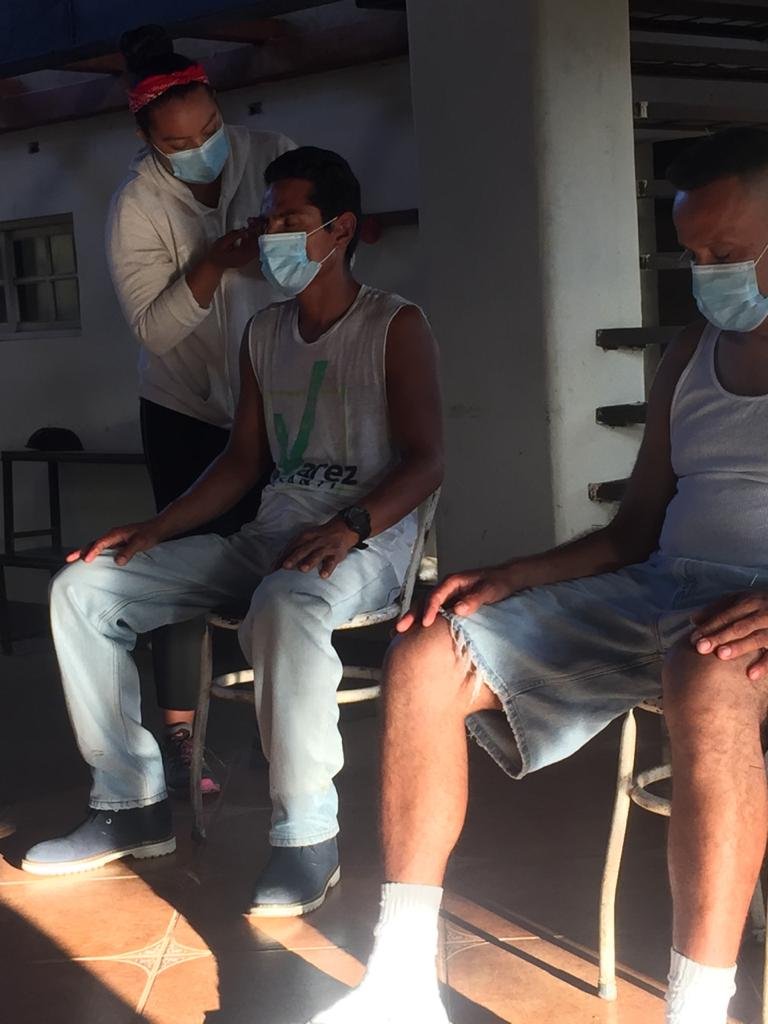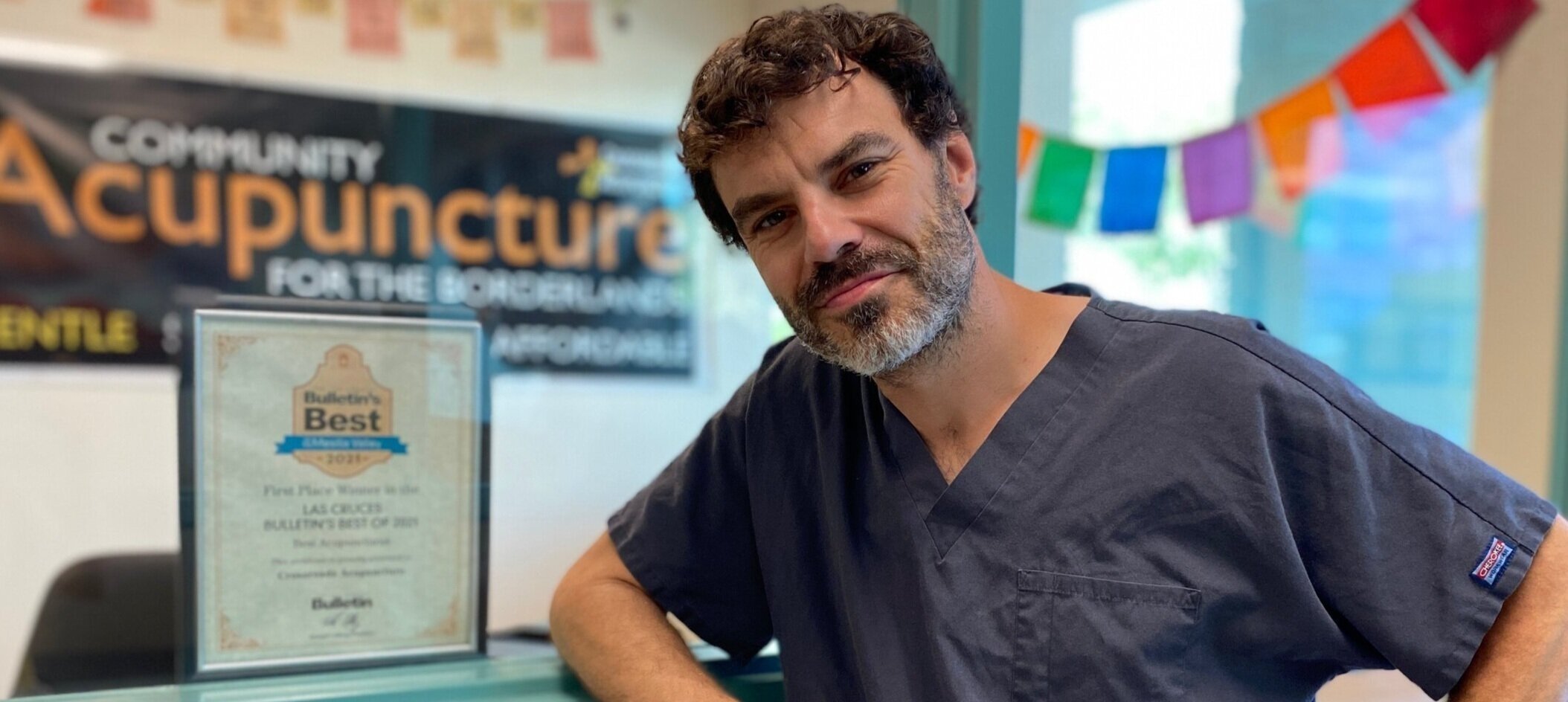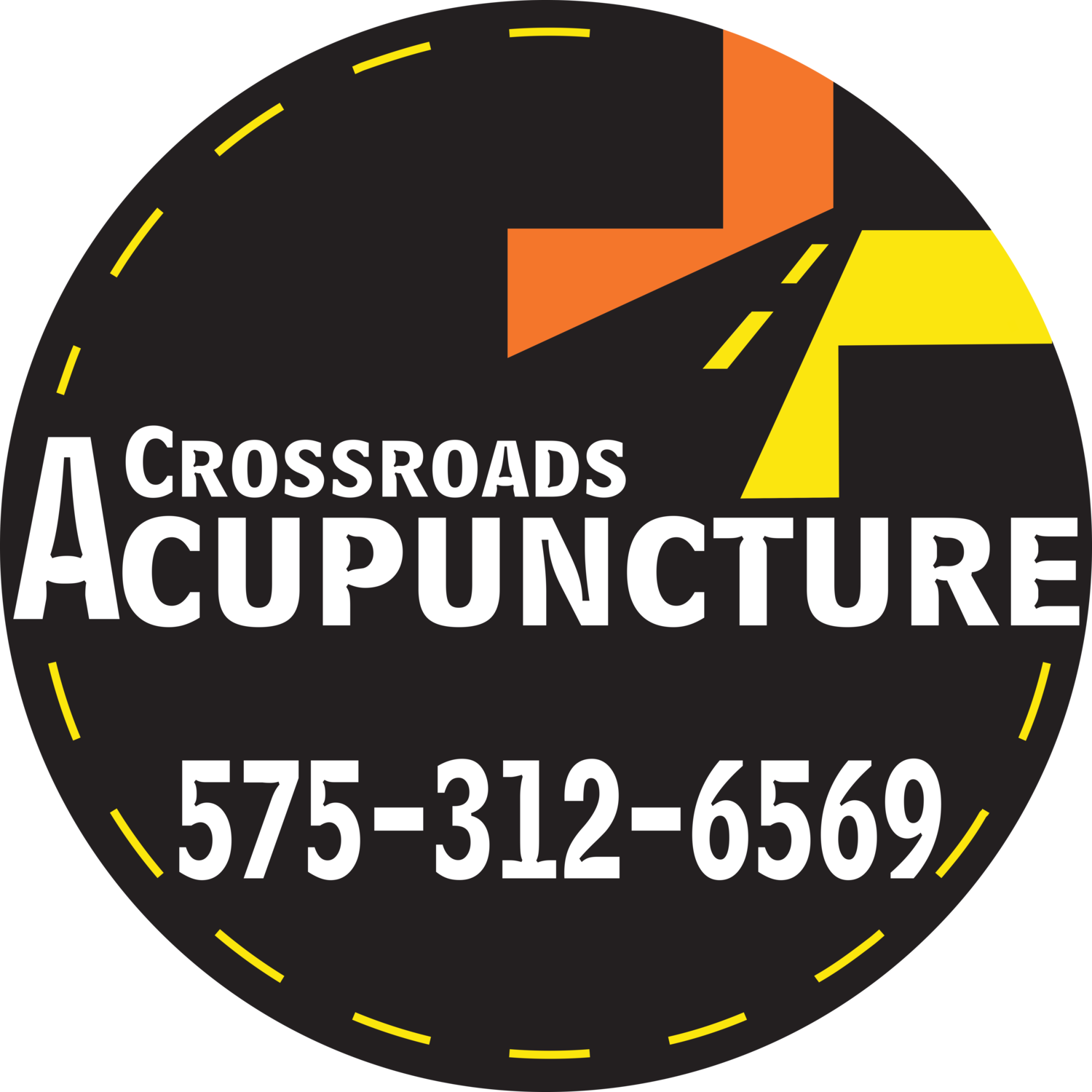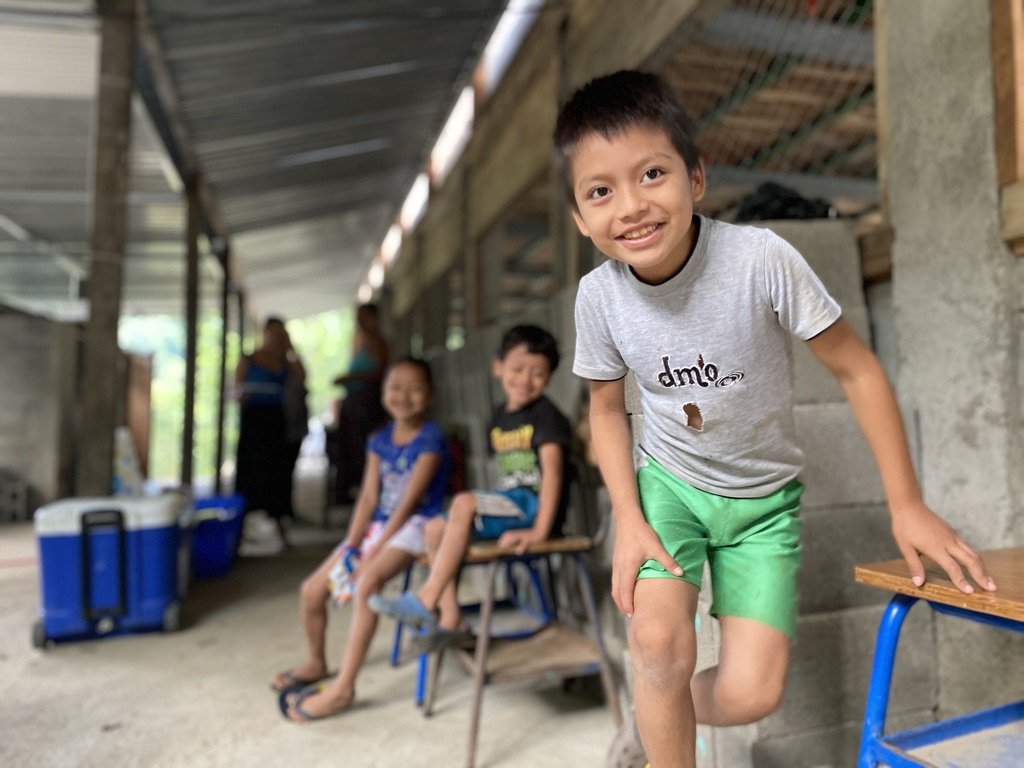
Acupuncture and TRE for refugees andmigrants
We work to make acupuncture a preferrential option for the poor and the displaced
“We sit with a group of Central American migrants in a church along the US/Mexico border. After dinner, we offer community acupuncture as we watched Scooby Doo as two little brothers played on the floor with blocks and toy trucks. I ask their father, sitting next to me, where he was from. He says he is fleeing poverty and violence in his hometown of Coban, Guatemala.
Two weeks later we sit again. But this time we were 211 kilometers north of Guatemala City in the village of Coban, where our Barefoot School is training a cooperative of Mayan community health workers how to offer this same care: community acupuncture. One of our students, Ophelia, shared with us that her husband was eager to migrate as well. She begged and convinced him to not leave. Then she shared her vision with our group: to make her village a better place, so that her tribe does not have to leave their homes.”
Learning to walk with migrants on the border and beyond…
…draws us into solidarity with their self-affirmation of dignity and their universal right to safety and healthcare.
Services Crossroads offers for refugee care
-

We can set up a group acupuncture clinic in any refugee setting
Crossroads’ experienced team can trauma-informed and best practices acupuncture care to any refugee program to provide care for staff and/or for migrants. We can set up mobile clinics within shelters, churches, tent cities, or refugee camps: anywhere people can sit in a regular chair. We draw from successful refugee-based acupuncture programs that have been shown to reduce anxiety and stress for people affected by trauma.
-

Trauma and Tension Release Exercises (TRE)
We facilitate community worksnops for refugees as well as health providers how to safely shake off stress and tension, so they can incorporate into their wellness activities. The process is known as TRE®, which is an innovative series of exercises that assist the body in releasing deep muscular patterns of stress, tension and trauma. The exercises safely activate a natural reflex mechanism of vibrating that releases muscular tension, calming down the nervous system.
-

Putting acu care in the hands of Refugee Workers
Refugee settings can be highly demanding and stressful places to work. We train refugee and humanitarian aid workers in techniques like acudetox for addictions as well as ear acupressure to help refugees cope with stress, concentration, and anxiety. We certify students internationally as Acupuncture Detoxification Specialists.
why do we work with migrants?
Half of migrants are children, and many now are homeless in Mexico, living in shelters, sanctuaries in churches, and ‘tent cities.’ Forced migration patterns strain local health systems on the border. In response, the Crossroads’ Barefoot Acupuncture Project partners with local community health workers who are a lifeline to those in need.
Our projects
-
Volunteer-run Barefoot Clinics operate in churches and shelters that house them on the US/Mexico border.
-
Our Barefoot Acupuncture training program teaches volunteers from the home communities of migrants, to strengthen local healthcare systems in Central America. We put simple, safe, and cost-effective tools like acudetox and TRE (Trauma Release Exercises) in the hands of community farmers, health promoters, and indigenous healers, so they can offer vital support in stress management and mental wellness.
-
A trauma-informed approach to Tension Release Exercises (TRE) and acupuncture works to teach people how to manage stress. These activities have been shown to reduce violence and support people living and working within jails and prisons in their ability to self-regulate their emotional states.
-
Crossroads Acupuncture’s Barefoot Acupuncture project uses the NADA ear acupuncture (acudetox) model, offering mobile care anywhere people can sit. Settings like shelters and community centers, open to the public, can offer an ideal, barrier-free environment for anyone seeking care. Unlike a private acupuncture session, where the practitioner spends a lot of one-on-one time with the patient, the NADA protocol is performed quickly, in a group setting, and non-verbally. First responders and survivors sit in silence while the practitioner inserts the same points into each person’s two ears. The focus is on creating safe space for people to rest.

Why are there so many migrants coming to the border?
Over the past few years, tens of thousands of migrants and refugees, from similar villages and communities, have arrived at the border. In November of 2018 our Barefoot volunteers suddenly found hundreds of immigrants sleeping on the Paso Del Norte ("Passage North") Bridge connecting Ciudad Juarez, Mexico to El Paso, Texas.
They are fleeing kidnapping, gang violence, trafficking, and poverty. These factors drive many to migrate from Central America, where 30% of the population lack access to healthcare. 
the experience of acupuncture for refugees
Feelings of calm, peace and safety.
our vision
A world where people have the tools and capacity to care for themselves and for their own communities.
But…
how does
acupuncture
work?
We believe people who are refgees deserve access to healthcare, no matter what their story is, no matter where they come from, no matter what their nationality is. Most refugees have experienced substantial poverty, injustice and trauma, and both acupuncture and TRE have shown to be helpful adjuncts to mental health care qwwithin refugee settings. Crossroads draws from best practices of projects around the world that use safe, simple and trauma -informed models of care and training. We use acupuncture and meditation as an adjunct to existing refugee care services such as meal services, medical care, and community based mental healthcare.Expertise
crossroads brings
to corrections
As a 501-3-c non-profit organization, Crossroads Community Supported Healthcare has partnered with community agencies working in highly underserved areas with displaced and refugee populations since 2011. We have trained over 500 community health workers that have offered migrants care in churches, shelters, on the streets, and other community centers.
Free master class
with ryan bemis
Learn how we work
with displaced communities










